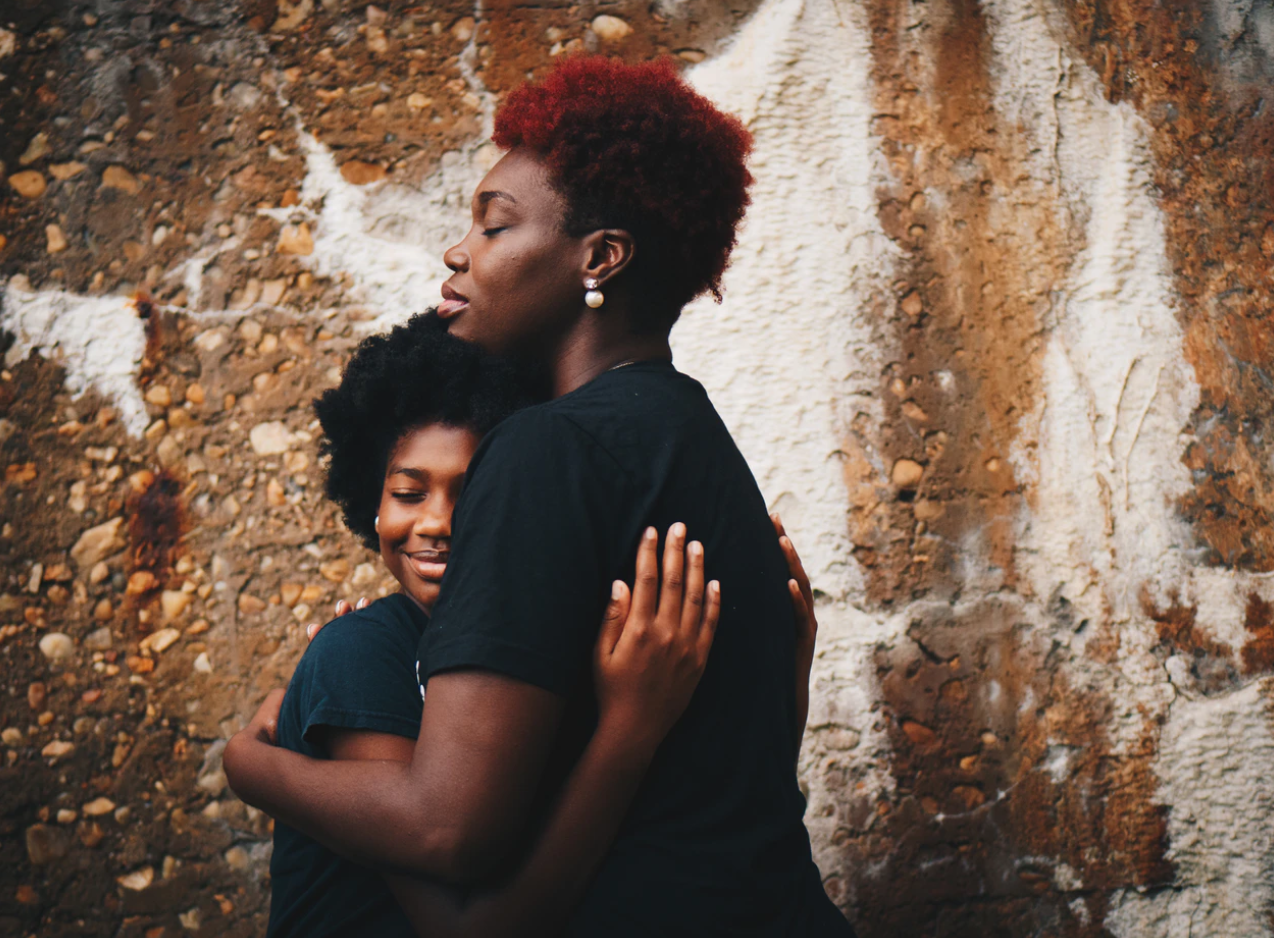
Warning Signs You Have a Daughter in Trouble
Raising a teen girl can be trying even in the best of circumstances. The phase of adolescence and post-adolescence is virtually synonymous with some rebellion and friction. One of the things that can be so insidious about recognizing troubling behavior in your teen daughter is how so many of the early warning signs can be mistaken for “normal” behavior at that age. However, there are some definite signs for which to be vigilant.
Isolation: When your formerly fun-loving daughter has turned sullen and stand-offish, it needs to be a cause for concern. Again, some teen angst is normal, but if she suddenly has taken to her room, refuses to take part in family activities, is isolating not only from the family dynamic but also extracurricular activities and friendships as well, then you should monitor. Try and get her to open up. Give her safe, non-judgmental space in which to share her feelings. Let her know you’re there for her. Too often even this approach may not be enough if true emotional or developmental issues are rearing their head, but it does mean you are attentive to the situation and she knows that too.
Falling Grades: Not everyone, even the most well-adjusted kid, is a great student. But dramatic shifts in grades tends to be a reliable signal that there is something more at work than some difficulty with algebra. If this happens, enlist her teachers and the school faculty. Ask about her performance in the classroom. Is she doing her homework? Is she paying attention? Do they have any insight, since so often they spend more hours a day with your child than you do? It can only help to early on get as many people on your child’s team as possible.
Addictive Behavior: These are some of the scariest signs. Perhaps your daughter’s behavior is erratic: sometimes she’s withdrawn, while at other times she seems elated and hyperactive. Are there more obvious signs: Is she ever slurring her speech, or have dilated pupils? Is there ever money or items missing around the house? Substance abuse is more common in now among teens, and overnight a healthy, normal child can be so altered as to seem almost like a stranger.
If your daughter is showing any signs of serious substance abuse, it is vital to seek professional help immediately. While drugs and drinking among teens is at near-epidemic proportions, the good news is there has never been a time with more resources to help them. Treatment counselors, inpatient and outpatient programs, community groups and Ala-Teen. This, unfortunately, is rarely a problem that simply corrects itself. Your daughter, nor you, are best served by trying to tackle it on your own.
It’s important to know your child, see where her behavior has shifted or changed, and monitor not only her but her peer group and friends. Certainly, it is proper to give teens some degree of autonomy, but always remember that teenagers are not yet fully adults, and they shouldn’t have to deal with life’s challenges, be they social or emotional, on their own. Very often the teenage inclination is to brush off the parent’s involvement. Don’t allow that to happen. Your daughter needs your full and complete attention.



